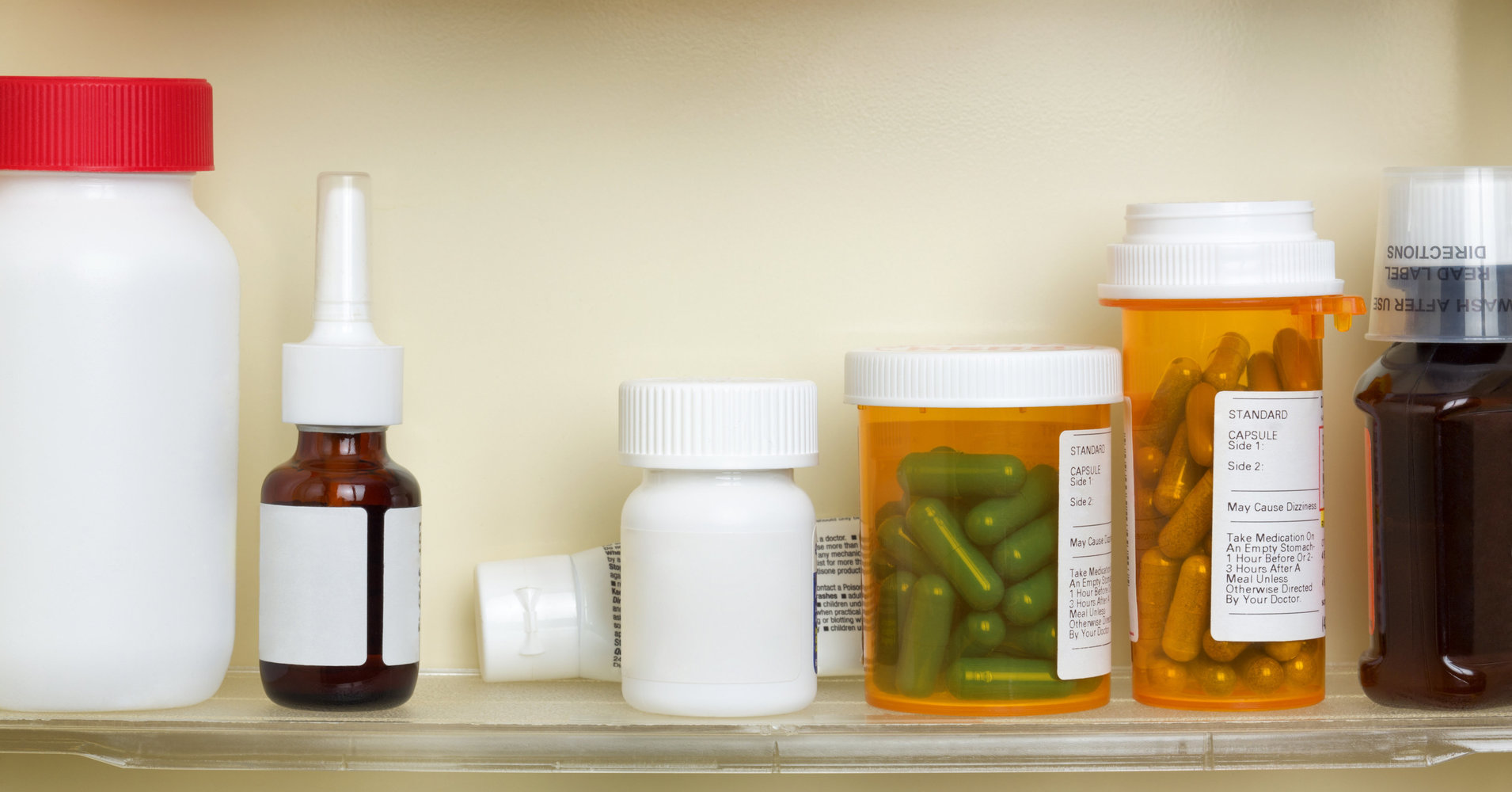[ad_1]

A new study suggests that you should pay special attention if you’re taking any drugs that list depression as a side effect.
Roughly half of U.S. adults use prescription medication. An estimated 37.2 percent are taking medications for which depression is a possible side effect, according to a cross-sectional survey study published by JAMA on Tuesday and conducted by researchers at the University of Illinois at Chicago and Columbia University.
It’s a particularly alarming statistic on the heels of a report from the U.S. Centers for Disease Control and Prevention report last week that showed increased suicide rates in nearly every U.S. state since 1999. That data suggested that 54 percent of people who died by suicide had no known mental health condition. But depression continues to be a common contributing factor to suicide.
Tuesday’s study suggests that depression is more prevalent among people who take multiple medications listing depression as a side effect.
“Almost all medication has various side effects, so it is a question of trade-offs,” Dr. Mark Olfson, one of the researchers involved in Tuesday’s study and a professor of psychiatry at Columbia University, told HuffPost. “But the more we know about the trade-offs involved, the better-informed decision we’ll make.”
More than 26,000 adults participated in the study published Tuesday. Researchers analyzed their use of more than 200 medications between 2005 and 2014 that had depression listed as a side effect. Many of the medications are common, including ibuprofen (Motrin, Advil), steroids (prednisone), ranitidine (Zantac), alprazolam (Xanax), and levonorgestrel (birth control). The study also considered participants’ responses to Patient Health Questionnaire 9, a survey used to monitor the severity of a person’s depression.
Almost all medication has various side effects, so it is a question of trade-offs. But the more we know about the trade-offs involved the better informed decision we’ll make.
Dr. Mark Olfson, one of the researchers involved in the study
The research shows that the prevalence of depression among participants rose as they took more medications that list depression as an adverse effect. For example, only 4.7 percent of participants who weren’t taking any of those medications were considered depressed ― but that figure increased to 6.9 percent for people on one of the medications, 9.5 percent for people on two, and 15.3 percent for those on three or more.
Dr. Srijan Sen, an associate professor of psychiatry with the University of Michigan, cautions that the data is observational and only shows that depression was concurrent with medication use and not a result of it.
“This is a noteworthy observation,” he told HuffPost in an email. “But I would not draw any conclusions about whether these medications are causing depression from this study.”
Health conditions that would require someone to take three or more of these types of medications may themselves contribute to depression, rather than the medications, Sen said.
“The people taking these classes of medications are likely very different from the people not taking the medications,” Sen explained. “It may very well be that these differences (rather than the medications) are driving the depression.”
Sen recommended more prospective studies and randomized trials before drawing conclusions.
This is a noteworthy observation. But I would not draw any conclusions about whether these medications are causing depression from this study.
Dr. Srijan Sen, University of Michigan
But Olfson feels confident that certain conclusions can be drawn from the data. For example, he says that people on medications that did not have depression listed as a side effect did not pose the same risk.
“You could be taking three medications that aren’t on the list, and your likelihood of being depressed is almost the same as if you were taking none,” he said.
Olfson hopes this study will raise awareness about potential issues with these medications. He said a lot of patients are treated for depression by their primary care doctor, instead of a psychiatrist or psychologist. These doctors are often pressed for time and may give patients anti-depressants or a referral to a specialist without looking for a cause.
“I’m hoping this information will slow the process down a little bit, and that primary care doctors will also take a look at what medications the person is on and … consider that as a potential explanation for the patient’s depression.”
And patients, particularly those with a history of depression, should also be proactive, he said.
“[The patient is] probably going to be focused on ‘Is this medication going to relieve the symptoms that I’m being prescribed for?’” Olfson added. “But I’d like patients to also ask their doctors, ‘Is this a medication that might increase my risk of depression?’”
If you or someone you know needs help, call 1-800-273-8255 for the National Suicide Prevention Lifeline. You can also text HOME to 741-741 for free, 24-hour support from the Crisis Text Line. Outside of the U.S., please visit the International Association for Suicide Prevention for a database of resources.
[ad_2]
Source link

